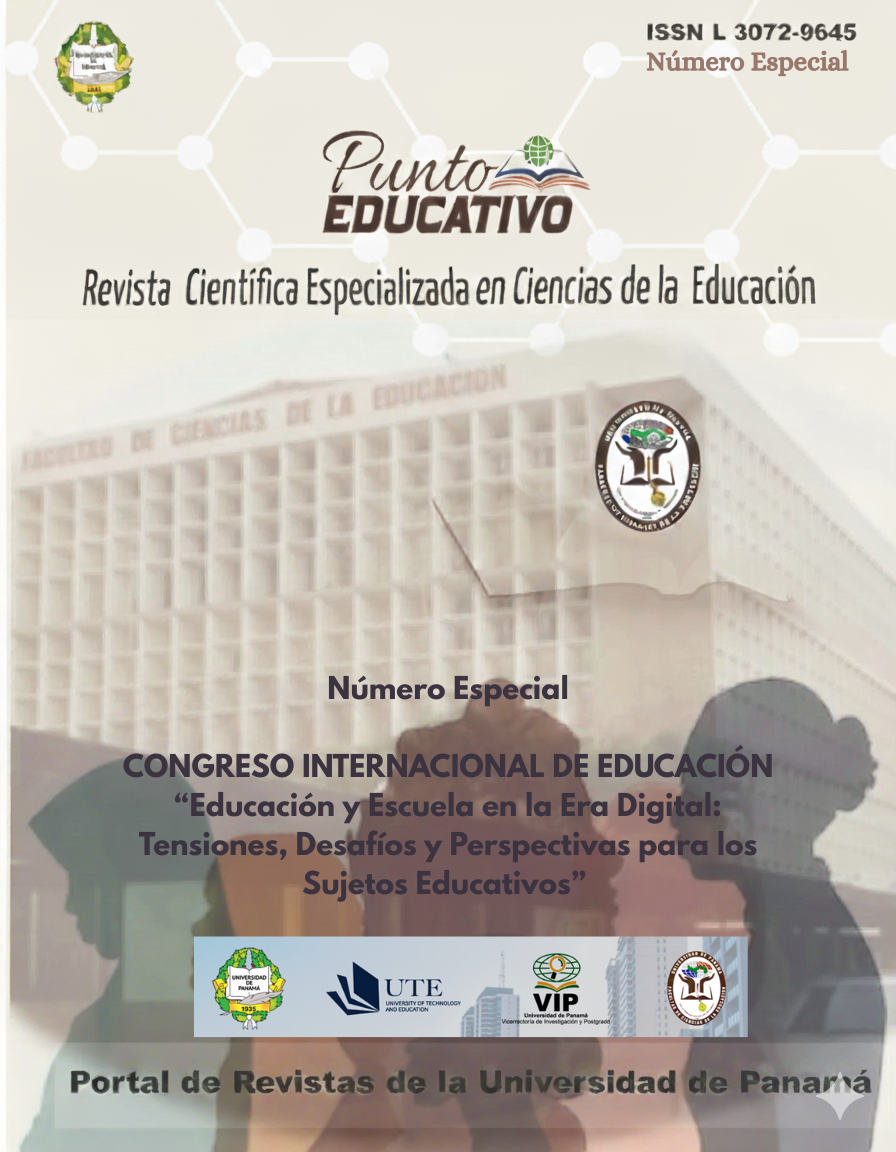

Copyright (c) 2025 Punto educativo

This work is licensed under a Creative Commons Attribution-NonCommercial-ShareAlike 4.0 International License.
Problem solving is a fundamental competence that students must develop, because it constitutes an essential skill in life, because it prepares them to be competent and adaptable citizens in a constantly changing world, where challenges are increasingly complex and interconnected, therefore, the ability to address problems effectively has become an indispensable tool. However, it consists of a process that causes a high degree of difficulty in students, due to the lack of concrete procedures to be followed, according to the application of pedagogical strategies by teachers. The purpose of this scientific article is to generate a pedagogical reflection on how problem solving through computational thinking contributes to improving learning in students and for this purpose, a bibliographic review of recognized authors on the subject is made, making an interpretation of the information, describing the theoretical and epistemic foundation of existing studies. It is concluded that Problem Resolution through computational thinking is emerging as an educational process that is in tune with the social context and allows the integration of the educational entity with the students' immediate environment. This generates the scope of learning and the construction of knowledge through active methodologies such as problem-based learning (PBL), which enhances, among other skills, logical reasoning that allows the student to propose solutions to various problems in their context.